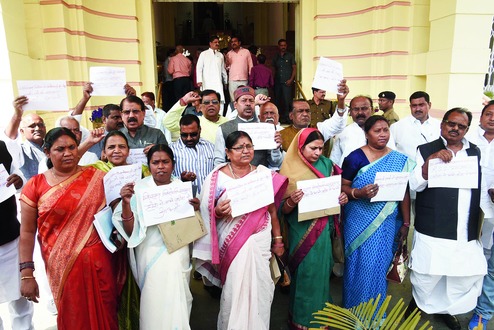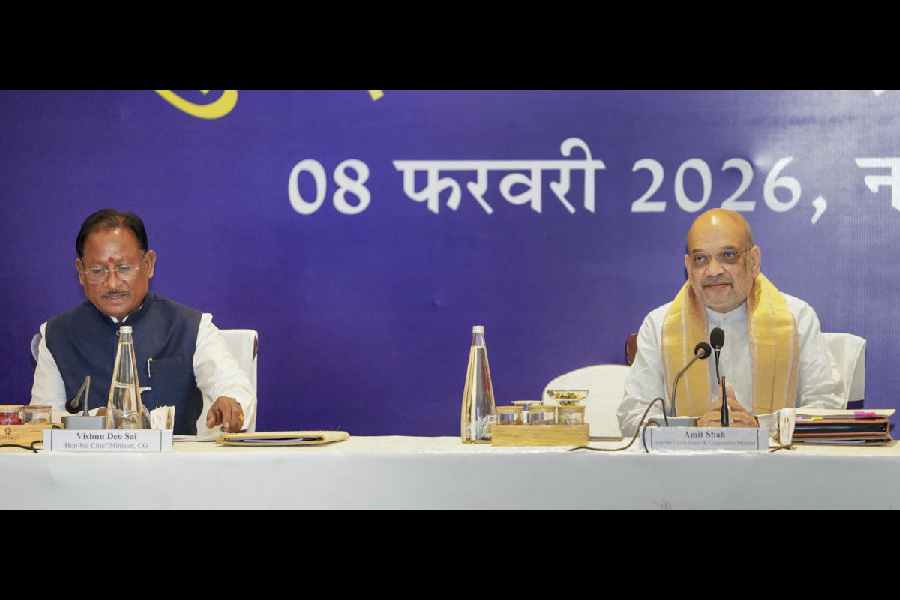
Patna: The Bihar government is moving ahead to establish an emergency cadre of doctors for its nine medical college and hospitals across the state.
The way it functions in other states is being studied by experts and the final decision will be based on the results.
Replying to a question raised by JDU MLC Ramchandra Bharti, road construction minister Nand Kishore Yadav, who was standing in the absence of health minister Mangal Pandey revealed it.
"We have sought reports from other states where such cadres are functioning. The way they operate is being studied. We will take a decision on their basis," Nand Kishore said without putting a timeframe to it.
The move to have an emergency cadre was first announced after a strike by doctors working at the Patna Medical College and Hospital (PMCH). It has been hanging fire since then.
In a reply to another question put by legislators Krishna Kumar Singh, Dilip Kumar Jayaswal, Radhacharan Sah and Sanjay Kumar Singh, public health engineering department (PHED) minister Vinodanand Jha gave details about the problem of arsenic, fluoride and iron contamination in groundwater, which is used for drinking purposes.
"The quantity of arsenic is more than the permissible limit in 2,402 wards spread across 315 panchayats in 13 districts of the state. Fluoride contamination is affecting 3,079 wards in 581 panchayats in 11 dist ricts, while iron contamination is found in 20,719 wards across 1,513 panchayats in nine districts," the minister said.
Jha added that the arsenic- and fluoride-affected wards will be provided pure, uncontaminated drinking water by the end of financial year 2018-19. For iron-contamination-affected wards, the deadline has been fixed at 2019-20, as their number is large.
The state government, replying to a query by MLC Kedarnath Pandey, said 28 samples of packaged drinking water were collected and sent for laboratory tests, of which all were found to be adhering to the standards set by the Bureau of Indian Standards.










